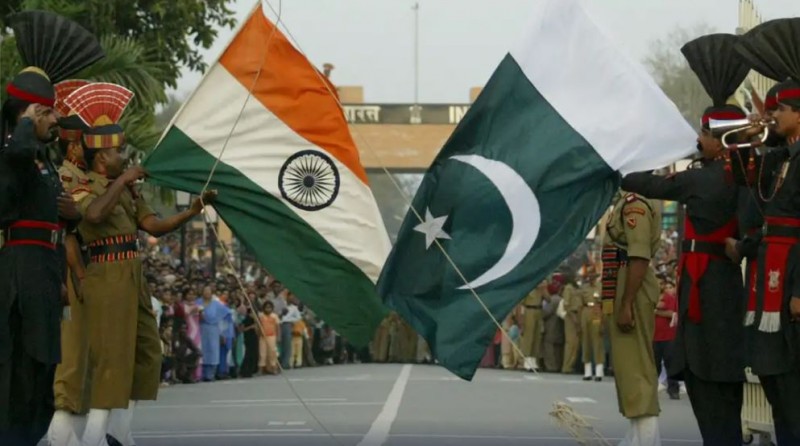
New Delhi: India and Pakistan continued their tradition of exchanging lists of nuclear installations, adhering to an agreement dating back to 1992. Despite the current strained relations between the two neighboring countries, the exchange took place through diplomatic channels in New Delhi and Islamabad. The lists, governed by the Agreement on the Prohibition of Attack against Nuclear Installations and Facilities, were exchanged on January 1. Both nations have been following this practice since the agreement's signing on December 31, 1988, and its entry into force on January 27, 1991.
The agreement dictates that India and Pakistan must inform each other about the nuclear installations and facilities covered under the pact on the first of January each year. While the specific details of these installations are not disclosed publicly, the recent exchange marks the 33rd consecutive year of this practice, with the first exchange occurring on January 1, 1992.
India and Pakistan have faced challenges in maintaining diplomatic dialogue, especially since the termination of the composite dialogue following the 2008 Mumbai attacks carried out by the Lashkar-e-Taiba (LeT). Despite sporadic attempts to resume formal talks, various terror attacks linked to Pakistan-based groups have hindered progress. Tensions escalated in 2019 after the Pulwama suicide attack, attributed to Jaish-e-Mohammed (JeM), nearly leading to hostilities.
However, back-channel communications, involving intelligence and security officials meeting in third countries, contributed to the restoration of the Line of Control (LoC) ceasefire in February 2021. The recent exchange of nuclear installation lists demonstrates the continuity of a diplomatic protocol that has persisted through periods of heightened tensions between the two nuclear-armed neighbors.
'Key Details Revealed: Ram Lalla's Pran Pratistha Scheduled at 12:20 PM in Ayodhya
BSF Thwarts Drone Threat: Downed 100+ Drones, Apprehended 37 Smugglers in 2023